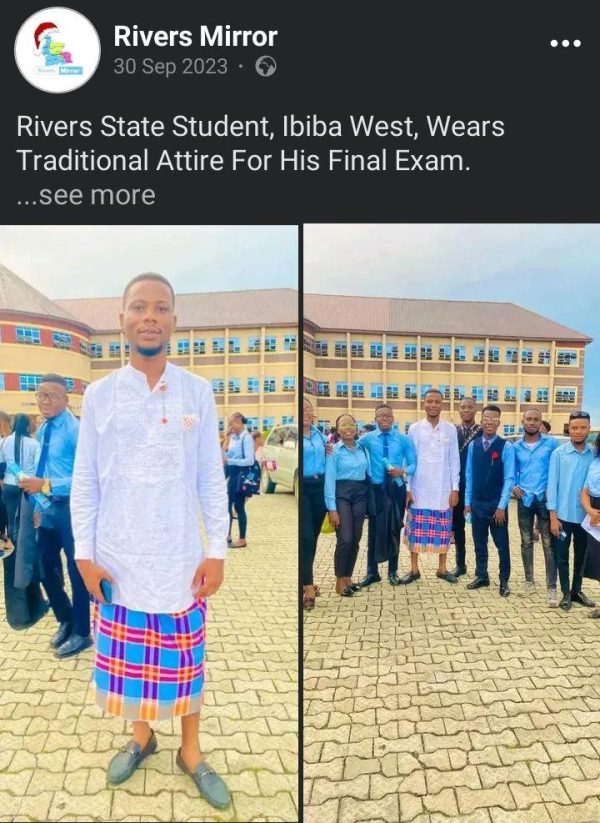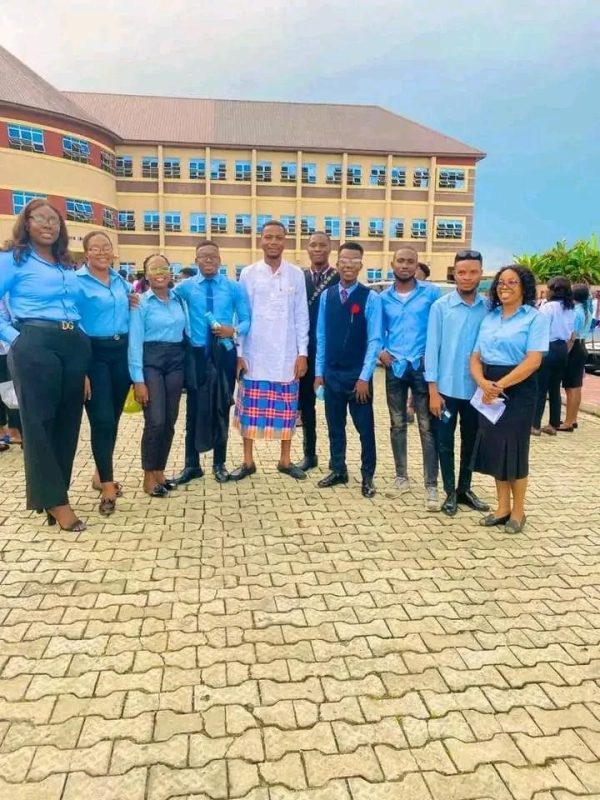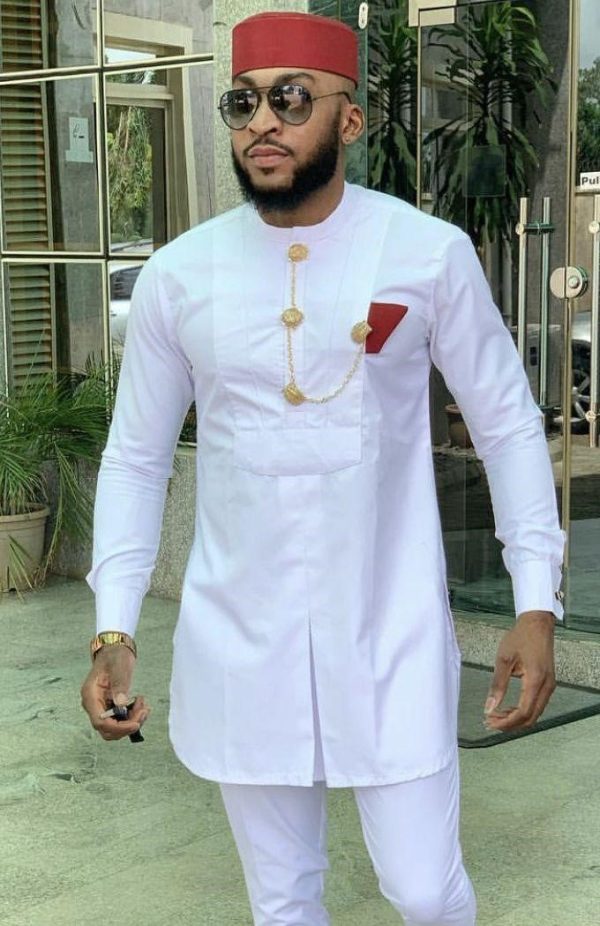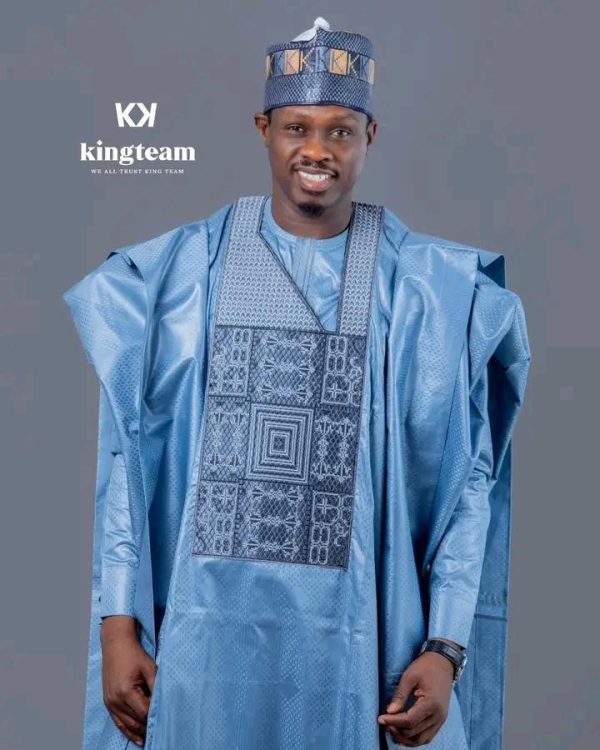True Civilization in African Dress Culture
Overtime, the concept of civilization has been the refinement of thoughts, manners, or taste.
But in an African sense, “true civilization is embracing and being familiar with the culture of the people” this is according to Ibiba West when he dressed in a traditional attire for his exams.

Narrating his experience, Ibiba said: “As I walked into school today, dressed in my Kalabari Corporate attire for my exam, I noticed the mixed reactions and misconceptions among the student community regarding my outfit. I received both positive and negative comments from my fellow students, and I was always ready to engage in a conversation and educate them.
Some comments included questions like:
Why are you dressed differently, is today Cultural Day? Some even wondered why I didn’t wear the same outfit on Day-2, which was Ankara day etc.
Despite these comments, I remained unfazed and took the opportunity to provide them with my perspective in response to their negativity.
On the other hand, I received positive compliments from many of my lecturers and PhD students.

One of my lecturers, Dr. Egwangwor, praised my attire and mentioned that outfits like suits and ties are considered “oyibo’s” dressings, while what I was wearing represents our African identity. My mentor and mother, Dr. Eyindah Horsfall, also gave me a positive compliment, and we happily took pictures together.
Other lecturers respectfully referred to me as CHIEF and showed their admiration for my Kalabari Cooperate outfits.

All eyes were on me from every angle because of my outfit. Every Kalabari person who saw me wanted to connect with me. I felt confident and comfortable in my Kalabari Corporate attire known as Etibo, as I sat down to write my exams. Wearing my traditional attire earned me more respect among my coursemates and made me stand out in a flamboyant way among others. I became the center of attention among my coursemates.
Today, I want to emphasize that true civilization is embracing and being familiar with the culture of your people, including their traditions, dressing styles, and cuisine.”
Civilization and Corporate Attire Saga
There is also the contention of clarity as to what corporate attire entails; long sleeves, trousers, and suits have been adjudged as corporate wear, they are worn in banks, offices, and business meetings.
Though there has been an attempt to classify African cultural attires as corporate wear, the big question is “why are they not allowed by school authorities especially in Nigeria as corporate wears for thesis and project defense”?

From Ibiba’s post, a user in a comment wrote: “Though, I wore this outfit on Thursday for our corporate dress code during our Exam not sign out. I wanted to show them that corporate doesn’t always mean trousers, long sleeves, and a tie. As a Kalabari man, wearing etibo is also considered part of corporate attire. They said it’s for cultural days, weddings, child dedications, and burials, but in a formal environment like my institution, I am supposed to dress like the Westerners. I smiled and replied “You will see me in my corporate attire.”
He continued “ I became the center of attention that day among the students and lecturers. Some told me I looked beautiful in it, but they were shy and hesitant to wear their native attire. I am only trying to make an impression on them that as Kalabari, Okrika, Andoni, Ikwerre etc…. your dressing should not be limited to traditional outfits alone, but also include corporate attire. That is my philosophy about my outfits.”

It is heartwarming to note that civilization is not putting away the African fashion hub but rather embracing the true African heritage as expressed in African fashion styles.
These African dresses meets every criteria of a corporate attire and should be encouraged in schools, banks, offices, etc as official wears.